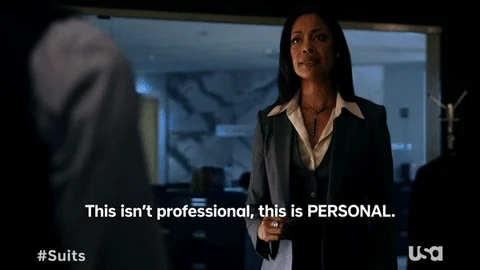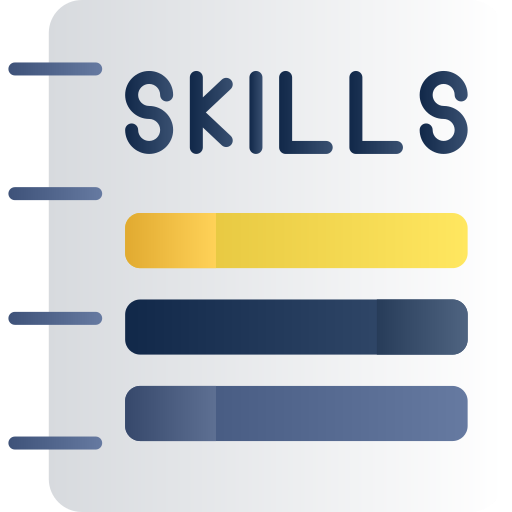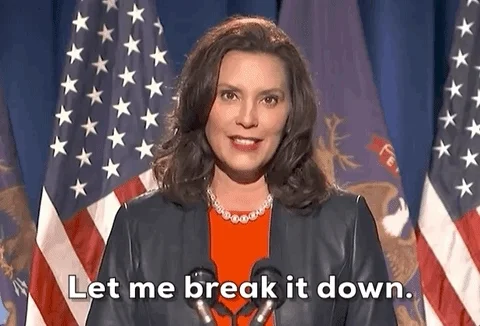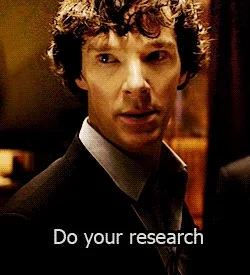Is post-secondary education really worth the time, effort, and cost?
Whether you're considering university, college, or a trade program, it's a big decision —and one that can shape your future in powerful ways. Unfortunately, these decisions don't come with a clear-cut road map.

While no one can make the decision for you, there are many resources that can help you make an informed decision that fits your unique needs.
Understanding what you can gain — personally, professionally, and socially — can help you figure out your next steps.
Personal Considerations

Deciding whether or not to pursue post-secondary education is personal. I originally planned to take a gap year to travel and write, but at the last minute, I chose university and spent the summer upgrading. Looking back, I wish I had explored the benefits sooner.

Skill Development
Whether you choose college, university, or a trades program, post-secondary education helps you build valuable skills.
Along the way, you’ll develop time management, adapt to new types of assignments, and — especially in trades — sharpen technical skills and attention to detail.

Confidence & Identity
Post-secondary education exposes you to new experiences that shape your confidence and identity.
When I started university at eighteen, I was still figuring out who I was. By the time I graduated, I had developed a strong sense of purpose rooted in justice and a passion for making education more accessible.

Networking & Interpersonal Skills
Post-secondary education is rich in relationship-building. From group projects to presentations, you'll strengthen your interpersonal skills while connecting with classmates, professors, and staff — and gain valuable networking opportunities along the way.

Exposure to New Ideas
When institutions talk about personal transformation, it’s not just a buzzword. Throughout your post-secondary journey, exposure to diverse ideas and perspectives helps shape your worldview and personal values.
Quiz
How can post-secondary education support your personal growth and transformation? Select all that apply:
Career Considerations
You’ve probably heard that post-secondary education is the key to landing a job — and that’s true, but only to a certain extent. While there are some industries that require degrees or certificates, getting a degree ≠ getting a job.
There are benefits and drawbacks to getting a degree, along with unknowns.

Pros ✅
Career opportunities: Many fields of work require a post-secondary education. Programs with internships and fieldwork, or co-operative education can give you access to hands-on experience that sets you apart in the job market.
Higher earning potential: More education often leads to higher income, depending on the field.
Personal growth and networking: You’ll connect with industry experts and learn from experienced professionals.
Cons ❌
Cost and debt: Education can be costly, including tuition, books, and living expenses. Sometimes this leads to student debt. Consider your unique financial circumstances and goals to make your decision.
Time commitment: Programs can take anywhere from one semester (4 months) to several years (4+ years) to complete
No guaranteed job: While most institutions offer a career center, there’s no guarantee of a job after graduation, which can be a barrier for some learners.
Economic and Financial Considerations
While post-secondary education is a great learning opportunity, it also comes with economic implications, including both benefits and drawbacks. Both are important factors in making your decision.
Considering the economic situation and implications is an important factor in making your decision.

Higher Lifetime Earnings
On average, post-secondary graduates earn more. In Canada, for example, this equals about $68,300 in 2020 compared to the Canadian average of $51,900 — but the upfront cost can be a financial hurdle.
Still, research shows that over time, graduates typically earn more, making the investment worthwhile for many. It is worth noting, however, that earning potential often increases in the later stages of a career. LinkedIn offers practical advice on understanding and leveraging career growth. When beginning your journey, it is important to research the current economic market before making a decision.

Lower Unemployment Rates
Research from the Association of Public and Land-Grant Universities (APLU) shows that U.S. college graduates are half as likely to be unemployed compared to those with only a high school diploma.
 Market Trends and Demand
Market Trends and Demand
It’s a good idea to look into the demand for jobs in your chosen field of study, so you can make the best decision for your future. For example, an inside look into the best paying majors and their associated return-on-investment.
It’s also valuable to consider how future economic changes are likely to affect jobs and industries. Taking this into account can help you strategically act to protect your future employment and maximize your income potential.
Questions to Ask Yourself:
What is the total cost? (Per semester and for the program) 💰
Can I afford the upfront cost? 💸
How long will it take to complete the program? (Consider part time vs. full-time) ⏰
Are there scholarships available to me? (The answer to this is usually yes!) 👨🎓
What could my industry look like in the coming years? 📈
What are my earning goals after completing a potential program? After 5 years? After 10 years? Do the economy and job market align with these goals? 🤔
Quiz
Maria is deciding whether to enroll in a two-year college program, but she's not sure if she can afford it. Which factors should she prioritize when making her decision?
It's All About Perspective
Before making your decision, it’s important to gather different viewpoints. Talk to current students, alumni, and professionals in your field to learn about their experiences, challenges, and successes with post-secondary education.
Hearing different perspectives helps you find the best fit. I’m grateful I attended an open house at my alma mater, where I toured campus, spoke with students, and sat in on popular lectures before deciding. You can also connect with professionals on networking sites like LinkedIn to learn about their career trajectories and gain insight into the field.

Weighing the benefits of post-secondary education is often a deeply personal decision. For example, I attended a school focused on community life and building relationships. That wasn’t my main motivator, and I found dorm life challenging since I’m an only child who’d never shared a bathroom before.
What mattered most to me was access to industry professionals, hands-on experience, and building a supportive professional network. But someone else might have found the dorm experience to be the highlight of their time at school!
Take Action
Post-secondary education offers valuable opportunities for personal growth, skill development, and career advancement. While it requires a financial and time commitment, the benefits—such as higher earning potential, expanded networks, and exposure to new ideas — can make it a worthwhile investment.
By considering your unique goals and perspectives, you can choose the path that best supports your future success.

Your feedback matters to us.
This Byte helped me better understand the topic.
